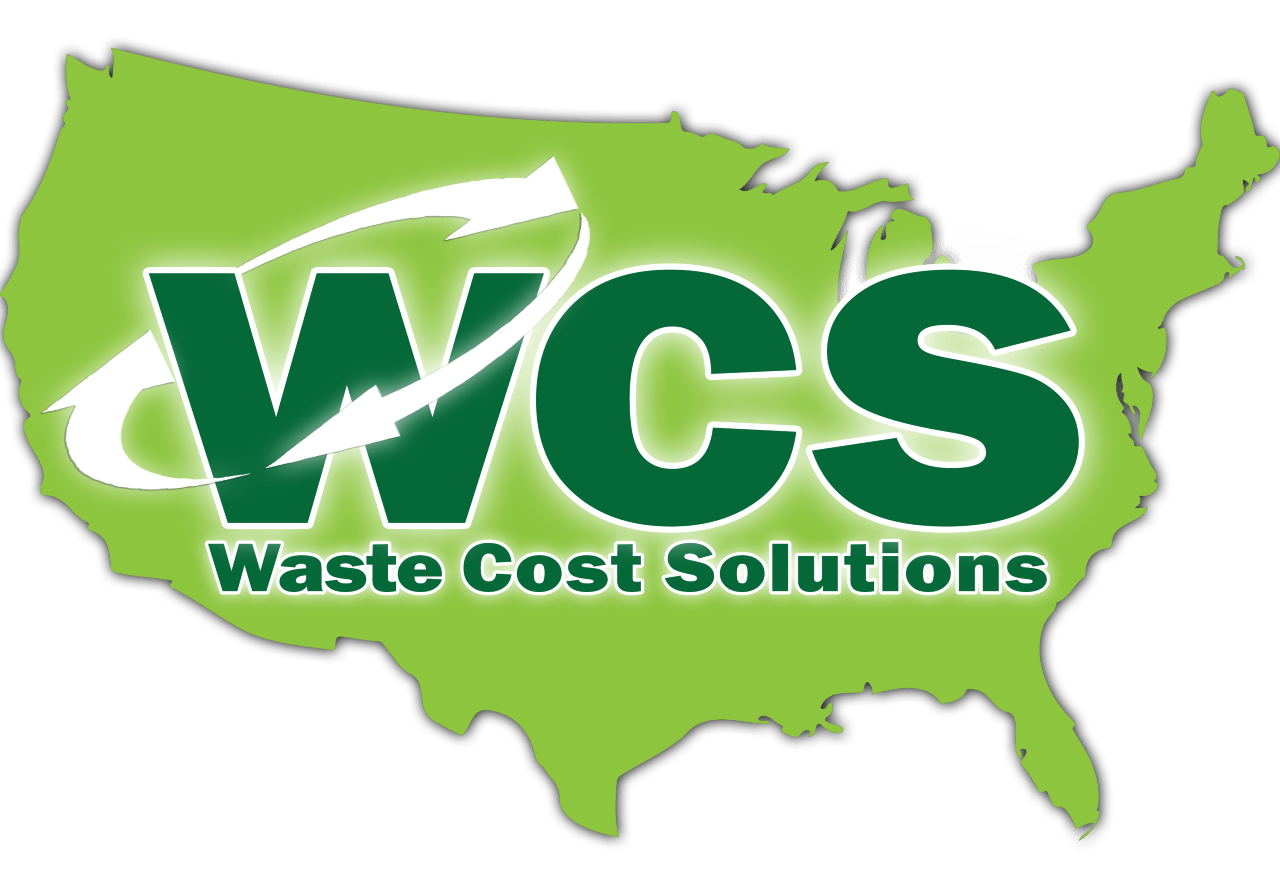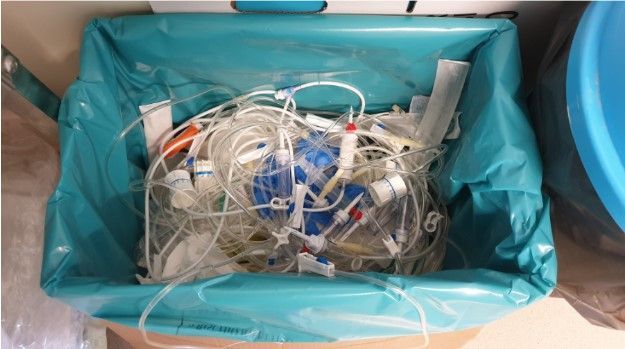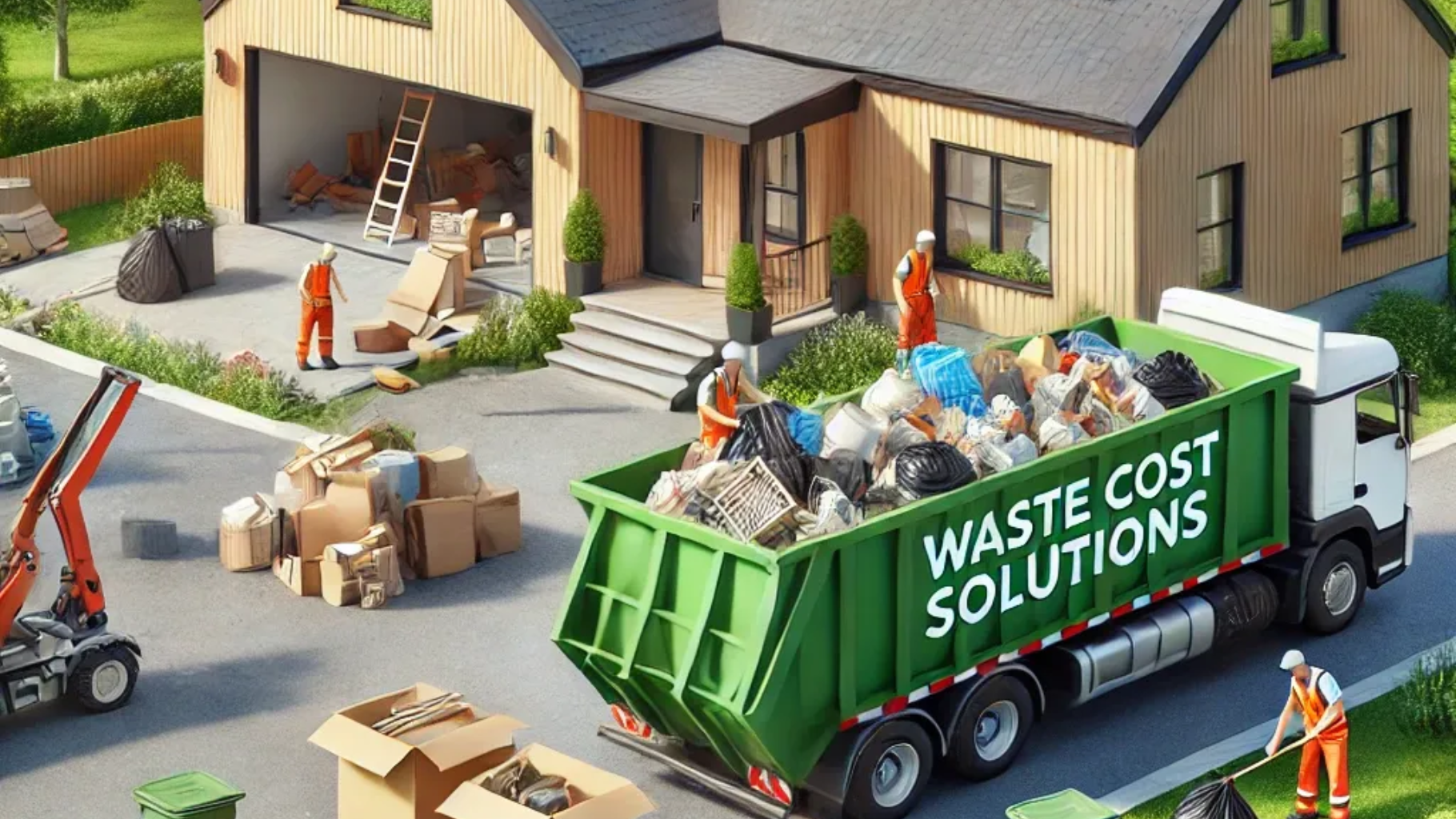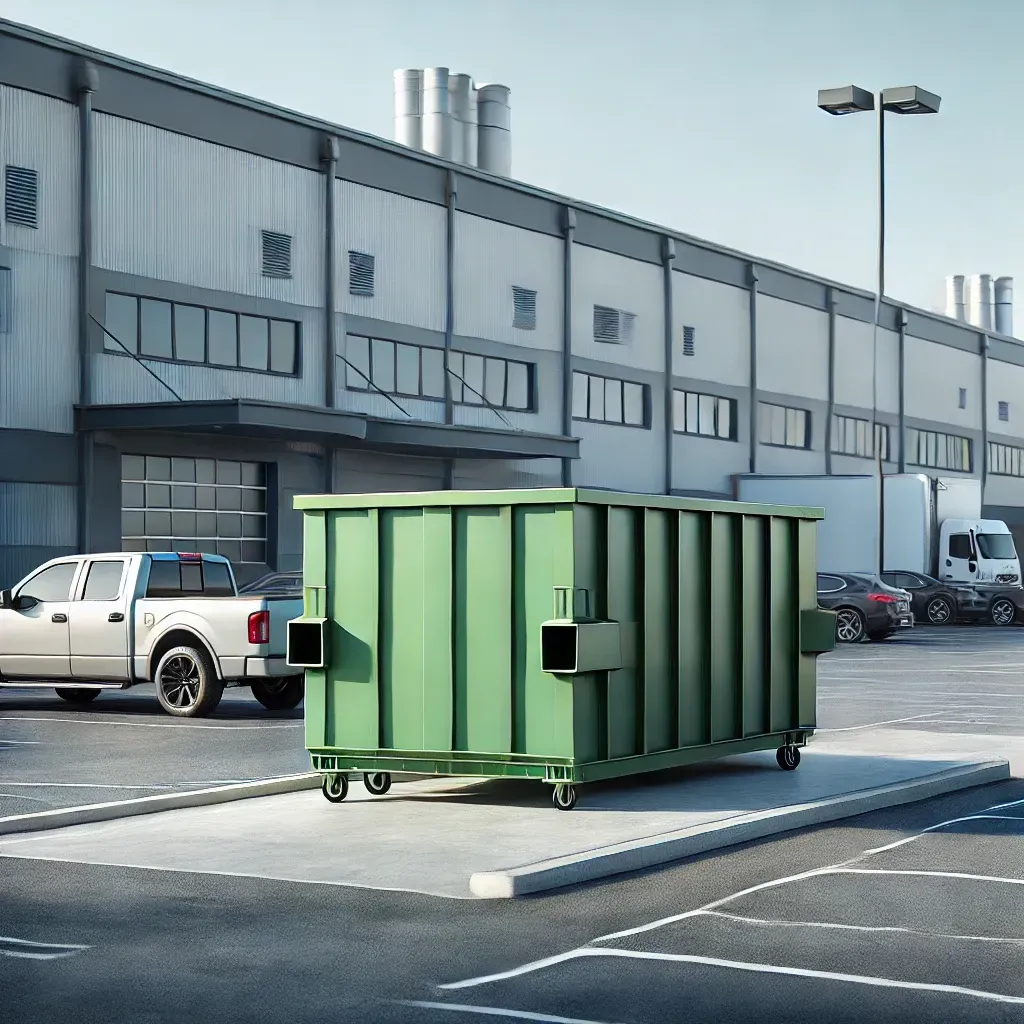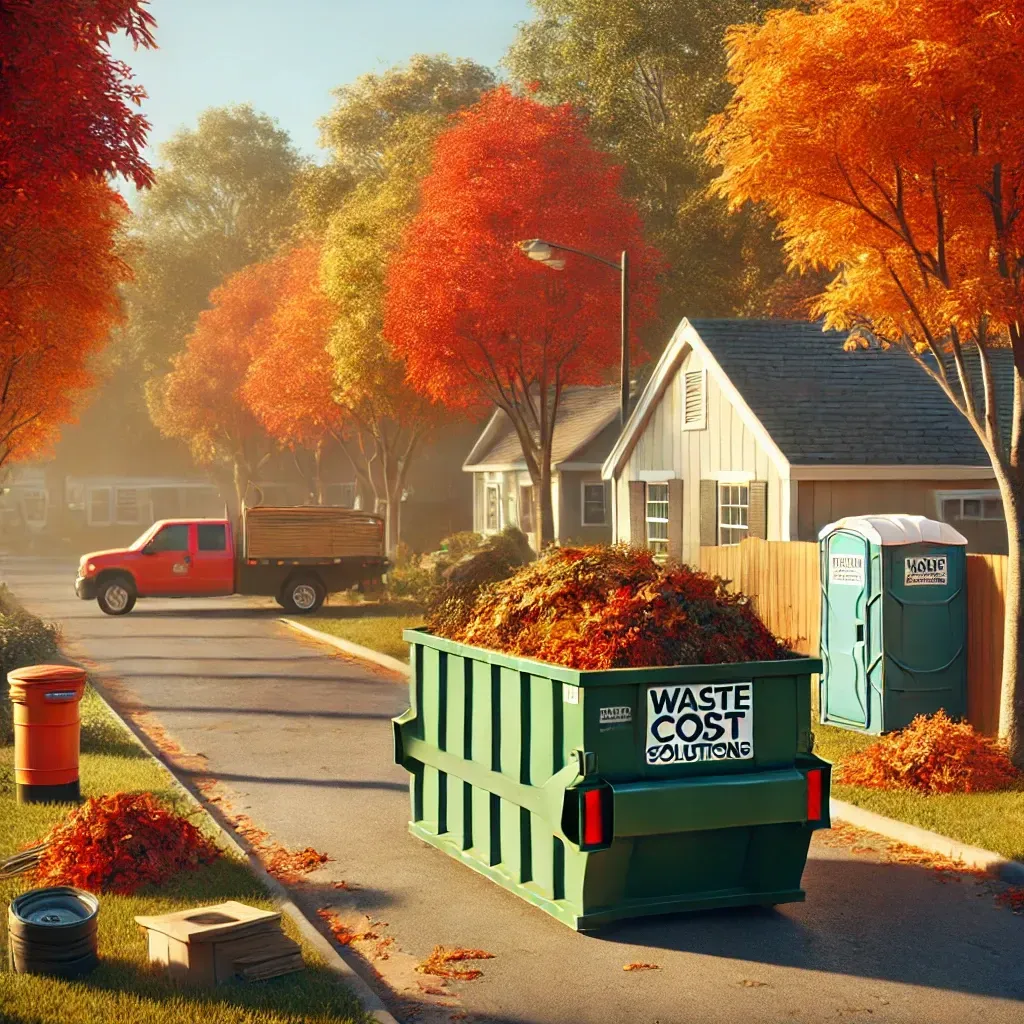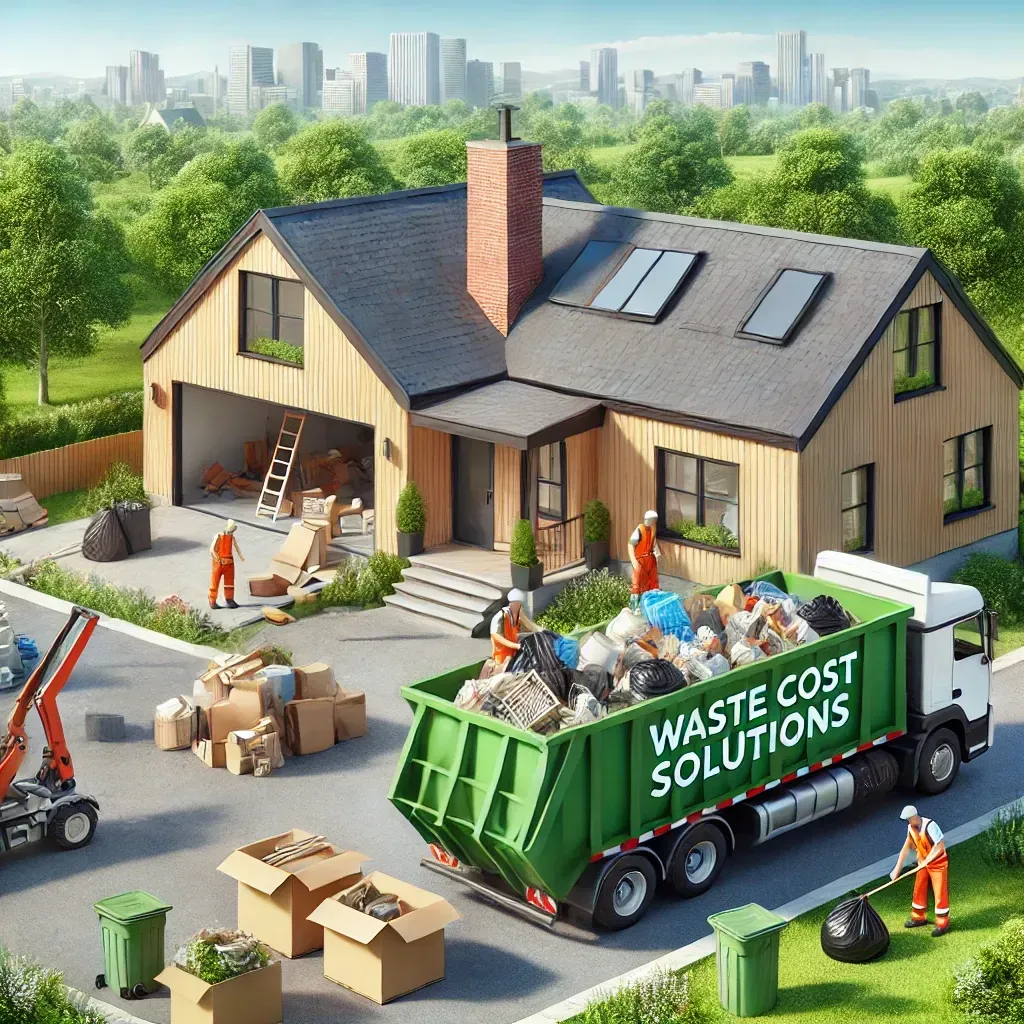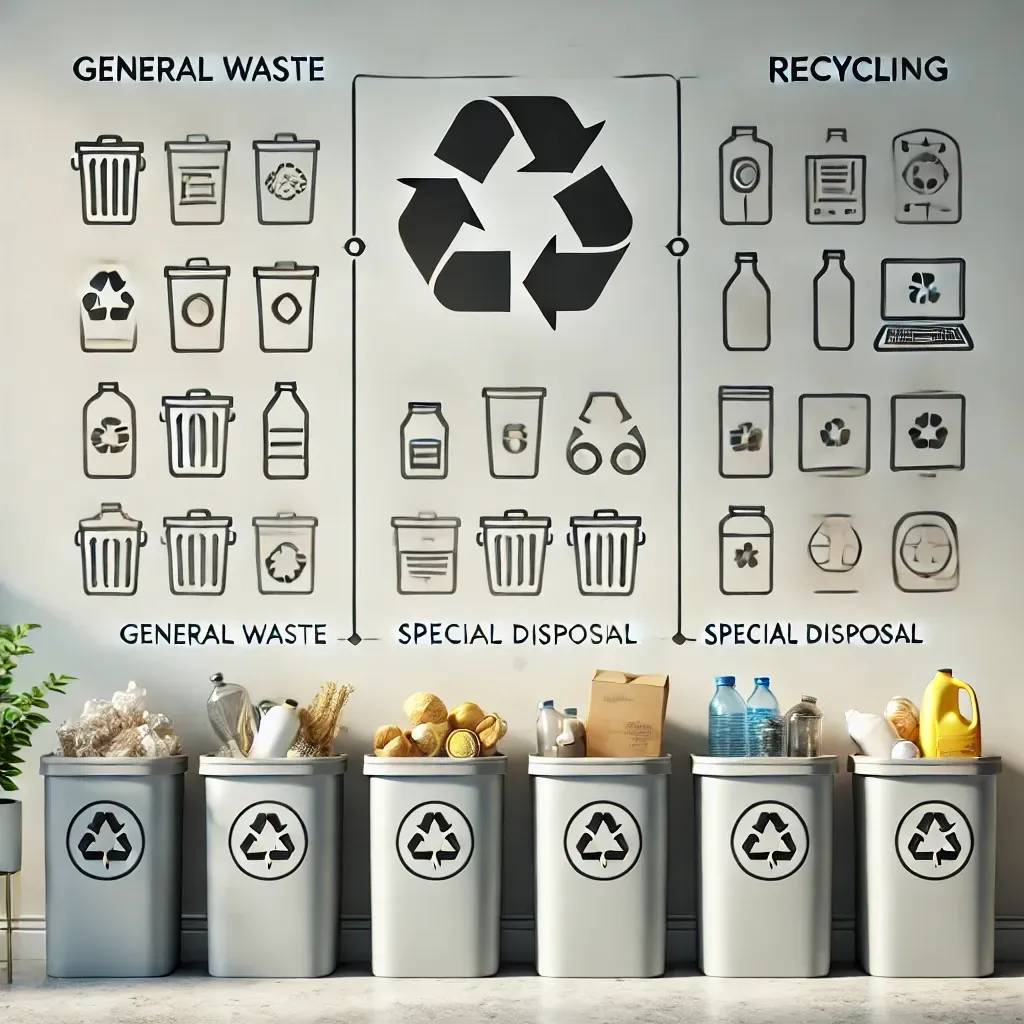By Tim Cavanaugh
•
September 30, 2025
As the cooler temperatures roll in and the leaves begin to fall, now is the perfect time to tackle one of the most neglected spaces in your home: the garage. If yours has become a cluttered catch-all for tools, boxes, old furniture, broken appliances, or holiday decorations, you're not alone. A fall garage cleanout can be incredibly satisfying—but it can also be overwhelming. That’s where a dumpster rental comes in. Whether you're doing a full purge or just reorganizing, here’s why renting a dumpster this fall is the smart (and stress-free) way to get the job done. 🍁 1. Fall Is the Ideal Time to Declutter Fall gives you that sweet spot of comfortable weather—not too hot, not too cold—which is perfect for hauling items in and out of your garage. Plus, with the holidays approaching, it’s a great time to clear out space before guests arrive or decorations come down from storage. 🗑 2. You’ll Have One Place for Everything You’re Tossing Sorting through a garage often means dealing with a mix of junk—broken tools, damaged furniture, cardboard boxes, yard waste, old paint cans, and who-knows-what else. A dumpster lets you throw it all in one place, saving time and eliminating the need for multiple trash bags or trips to the dump. 🚗 3. Reclaim Your Parking Space Before Winter One of the best motivations for cleaning out your garage in the fall? Snow is coming. Don’t get stuck scraping ice off your windshield in January because your garage is too full to park in. A dumpster rental makes it easier to toss bulky items fast and finally make space for your vehicle. 🧹 4. Safer, Cleaner, and More Organized Cluttered garages aren't just an eyesore—they’re a safety hazard. Tripping over boxes or navigating through piles can lead to accidents, especially if tools or chemicals are involved. Cleaning it out with the help of a dumpster means a cleaner, safer space for your family. ⏳ 5. Save Time and Energy Without a dumpster, you'd be sorting trash into piles, bagging everything, and taking load after load to the landfill or recycling center. That’s hours of extra work. With a dumpster parked in your driveway, just toss as you go—then let the rental company handle the rest. ♻️ 6. Great for Donations and Recycling Too Not everything in your garage needs to be trashed—some items may be perfect for donation or recycling. As you sort, you can easily separate salvageable items, while tossing damaged or unusable ones into the dumpster. It streamlines the entire process. 📦 7. Set Yourself Up for an Easier Spring A fall garage cleanout means you start the new year with a clean slate. When spring arrives, you won’t be greeted by a cluttered mess—you’ll already be organized and ready for whatever projects come next. Ready to Clean Out Your Garage This Fall? If you're planning a garage cleanout, a dumpster rental is your best friend. It simplifies the process, saves time, and helps you get rid of everything in one go. Plus, most rental companies offer flexible drop-off and pickup options, so you can work at your own pace. Don't wait until the snow flies—schedule your dumpster rental today and enjoy a cleaner, safer, and more organized garage this fall.
